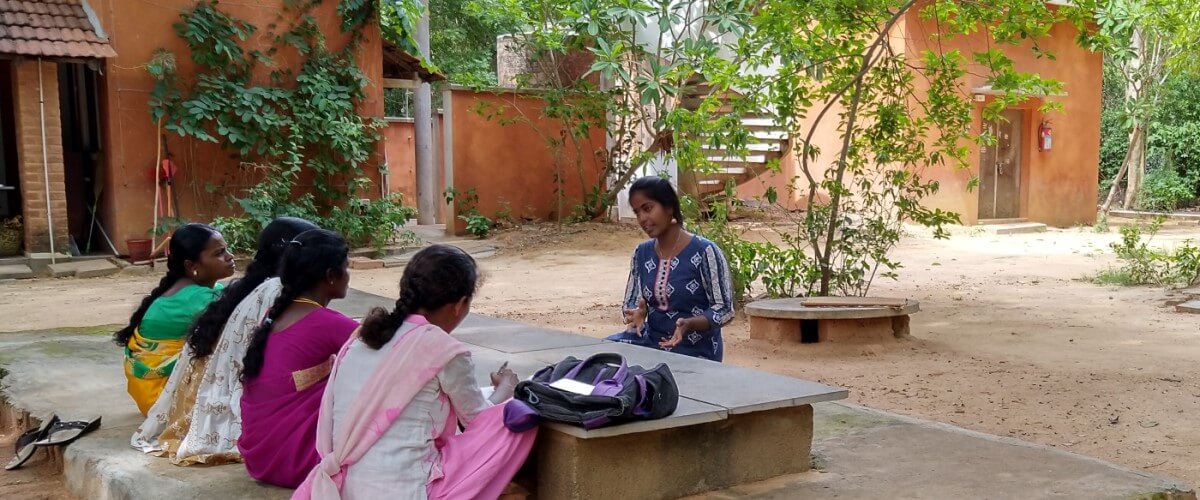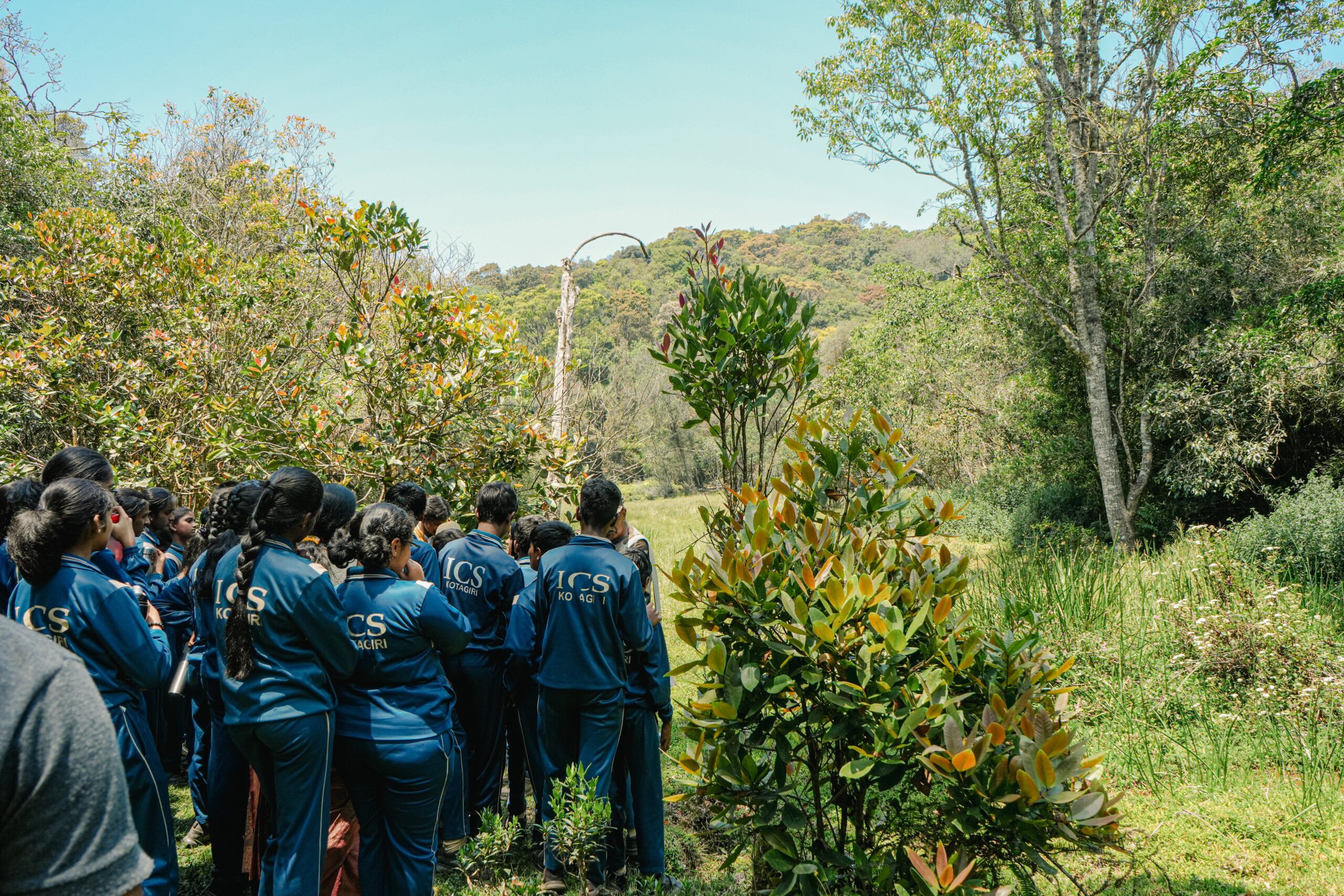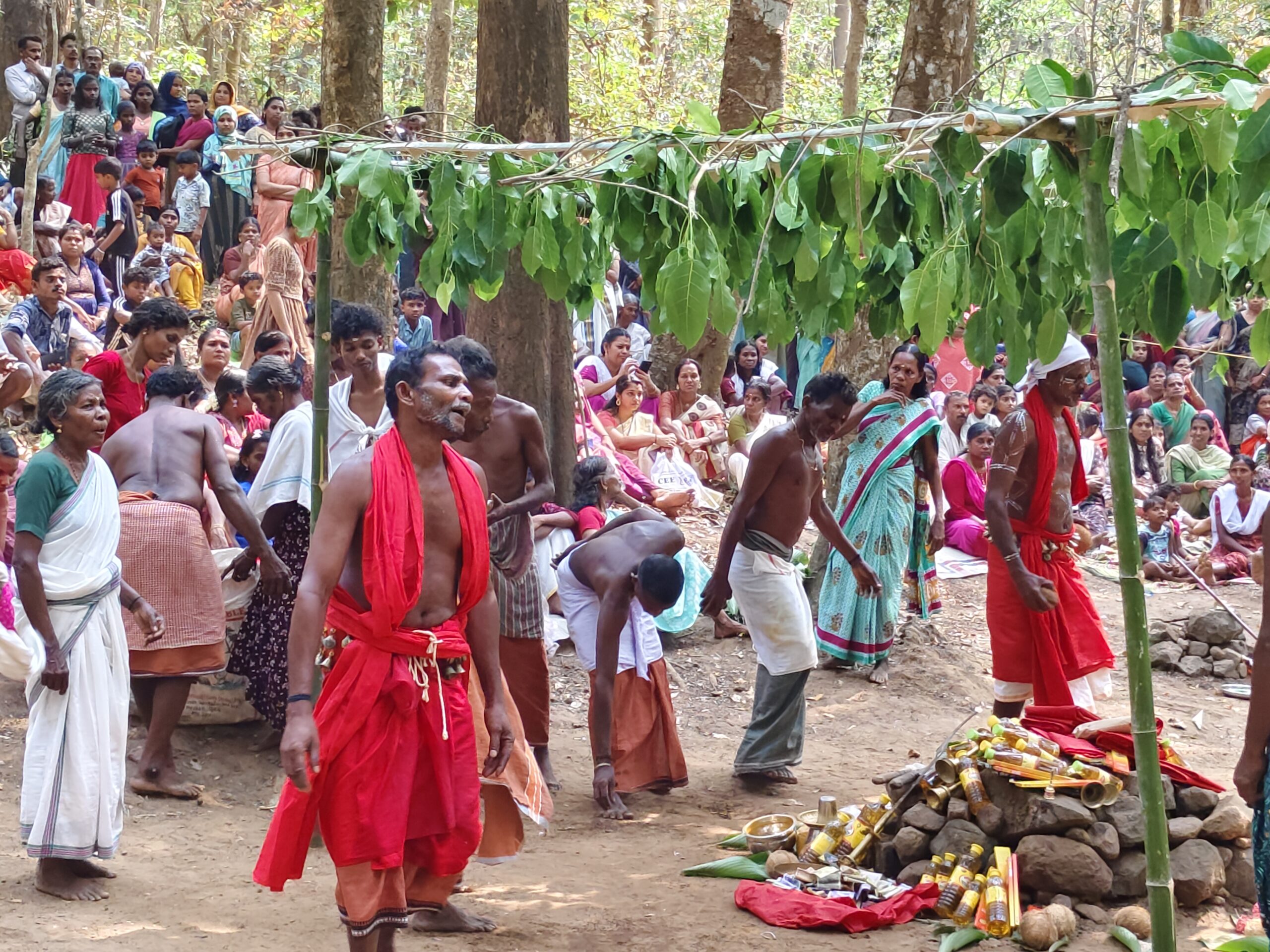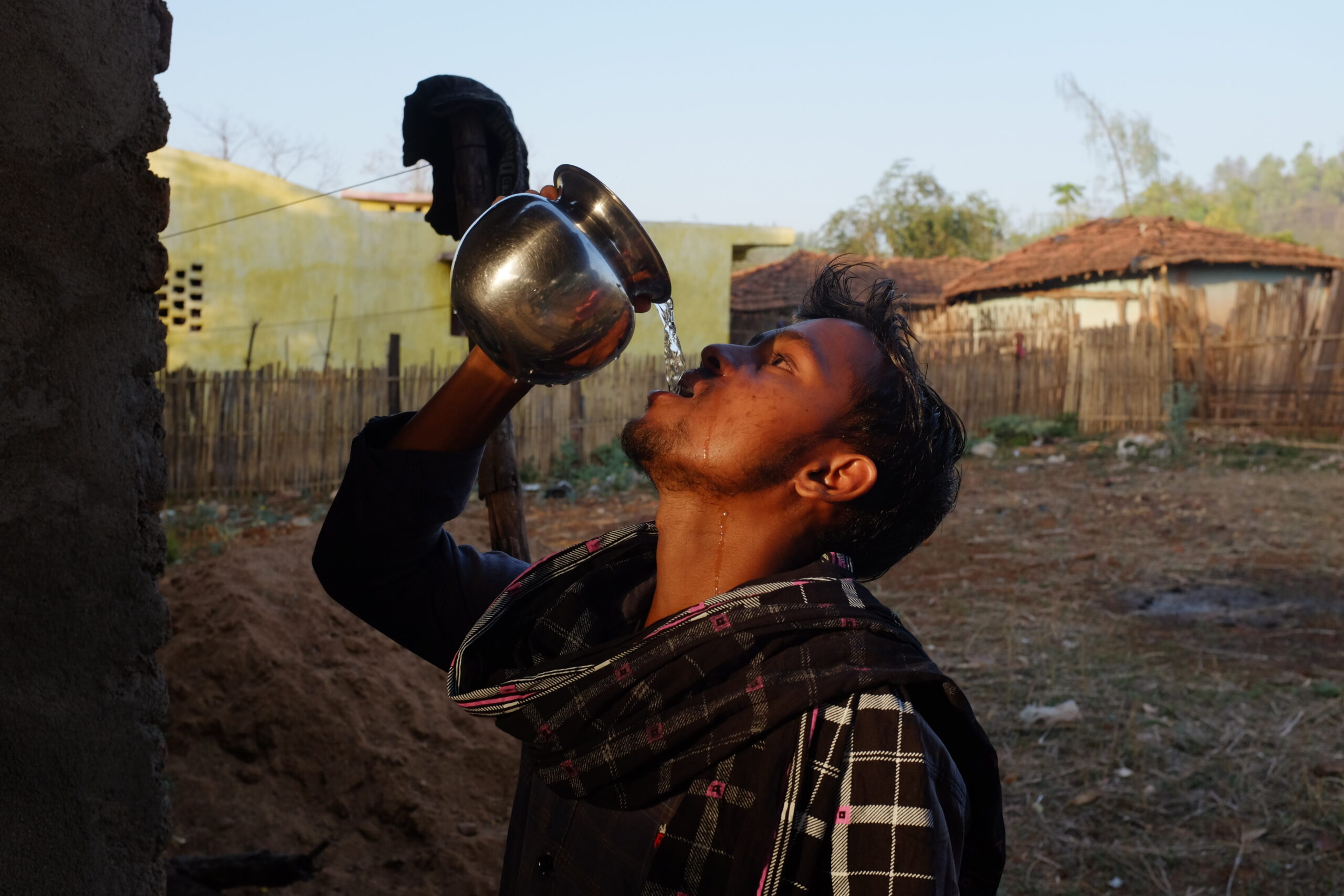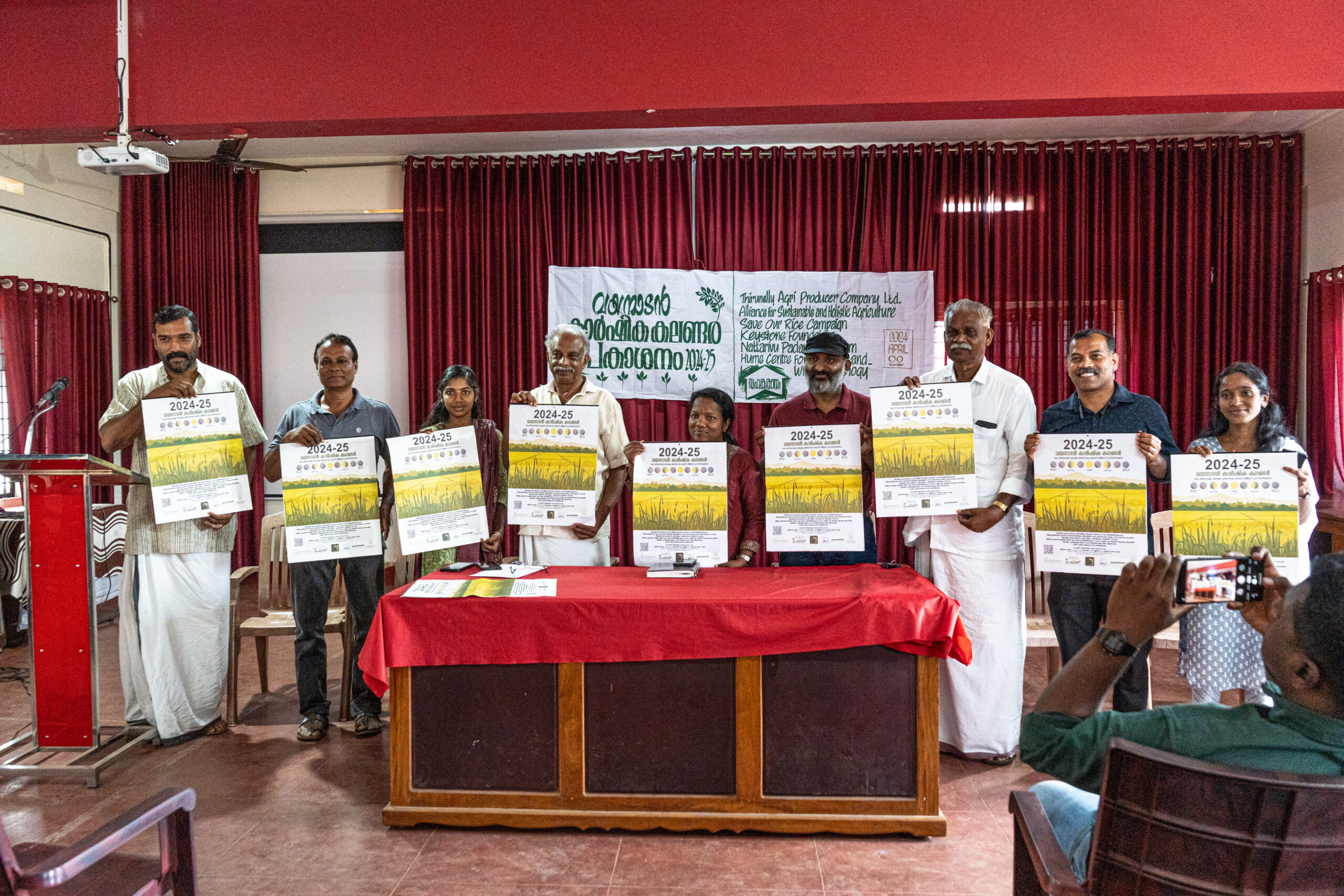November 3, 2022
By Anagha C.
Much of our work is largely done to achieve three things: to help the rural residents of the Nilgiris to identify when they need mental health aid, to encourage them to come forward, and to ensure that help is available when they do.
With K.M.F. Hospital chosen as our base, we’re welcoming patients from nearly 2,000 households to receive consultations. These people hail from five areas in the Nilgiris: Coonoor, Aracode, Konavakarai, Pillur and Sigur. Fees are generally calculated on a sliding scale, depending on their income. A large number of our lower income patients are offered free consultations. Practitioners at the hospital include trained public health workers, neurologists and social workers. They generally diagnose neurological conditions such as epilepsy.
Our team is also working to identify genetically vulnerable people who may potentially need preventive mental healthcare. This means speaking to people to understand histories of mental illnesses or substance abuse in their families. And this can be tricky given that most people, especially from previous generations, remain unaddressed even late in life. Tackling this challenge also involves imparting knowledge on the need for treatment and building access to treatment. It is also vital to create safe community circles in the form of support groups, and to train CHWs to extend support, especially to prevent youth from developing similar habits or conditions. This mix of curative and preventive mental healthcare, we believe, has been uniquely effective.
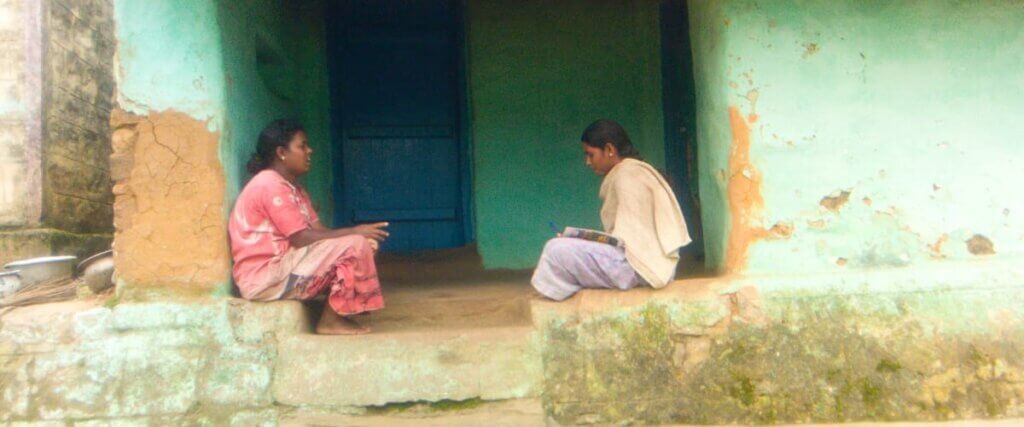
We believe that CHWs are best suited to address community health, especially mental health, a delicate topic that requires not only a peripheral connection, but also awareness of social, economical, and cultural contexts. The idea of CHW is to equip the lay person from the community who is sensitive to local norms, with professional health skills. These are people chosen for their ability to be empathetic, perceptive, quick to learn and make a connection with their neighbours. To make this a reality, we conduct a training for community health workers (CHW) every month. These are people chosen for their ability to be empathetic, perceptive, quick to learn and make a connection with their neighbours. Each CHW visits 100 households (that are most familiar to the worker) every month, building relationships with people and encouraging them to open up about their mental health conditions. Our team at Keystone manages a monthly schedule and list of households to organise these activities, and almost always accompanies CHWs on their visits.
Since 2019, Azim Premji Philanthropic Initiatives has been supporting our mental health interventions conducted at K.M.F. However, we’ve been conducting such activities since years before as well – and since, several success stories have emerged. One of our earliest patients who suffered from epilepsy has reported no episodes in the last five years!

